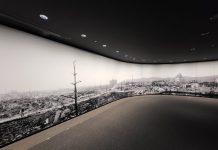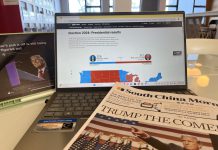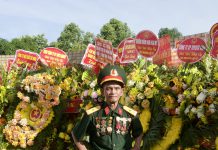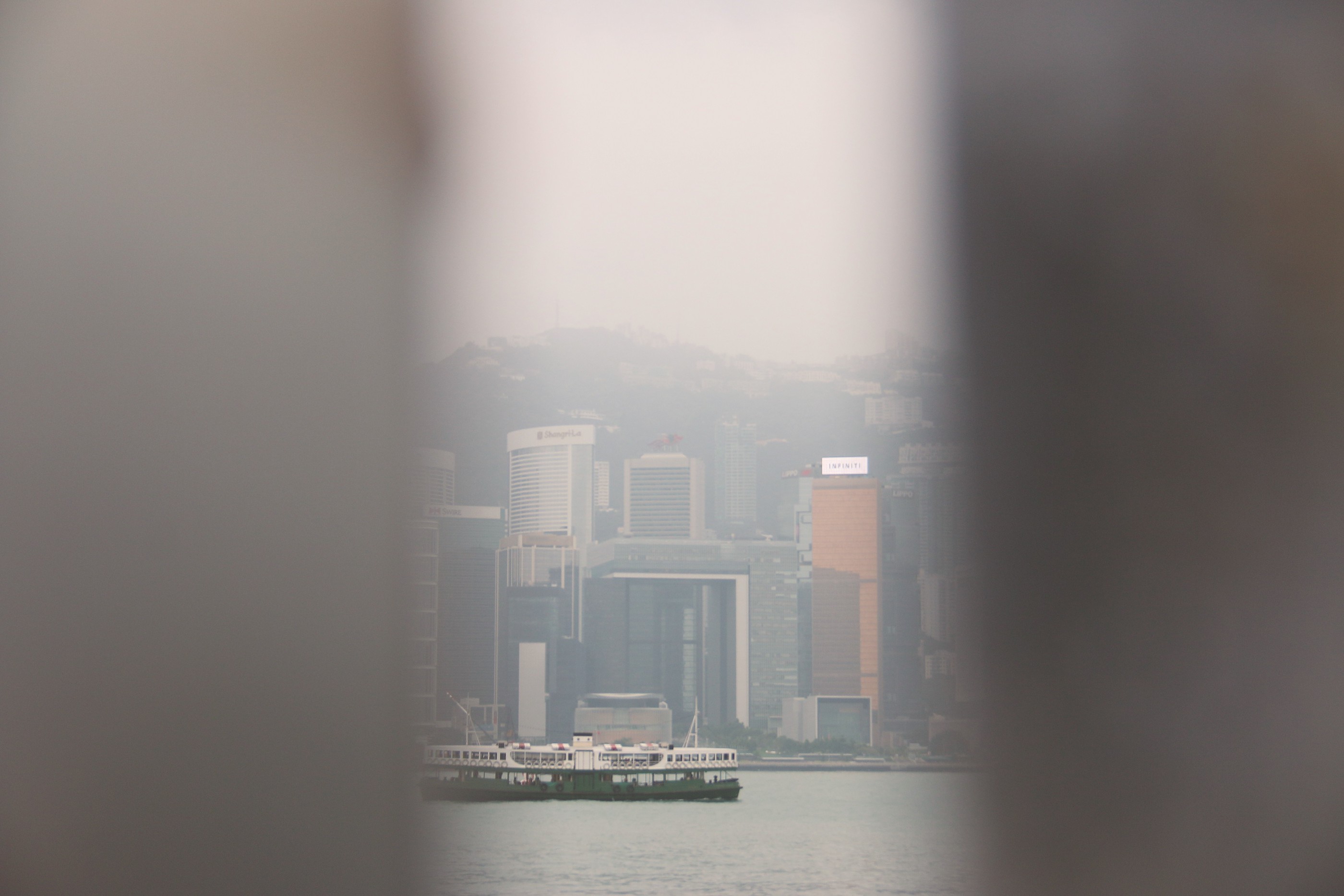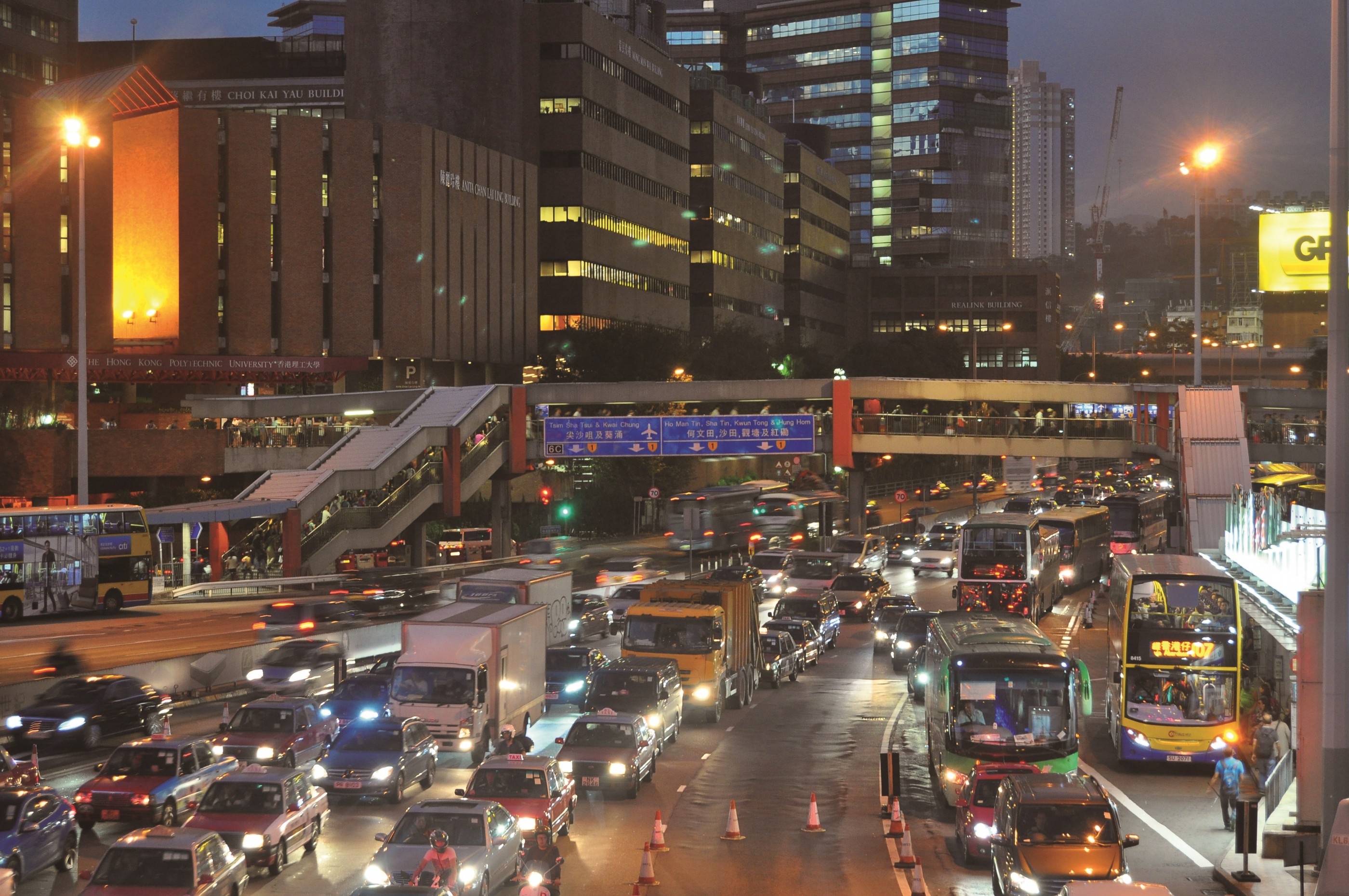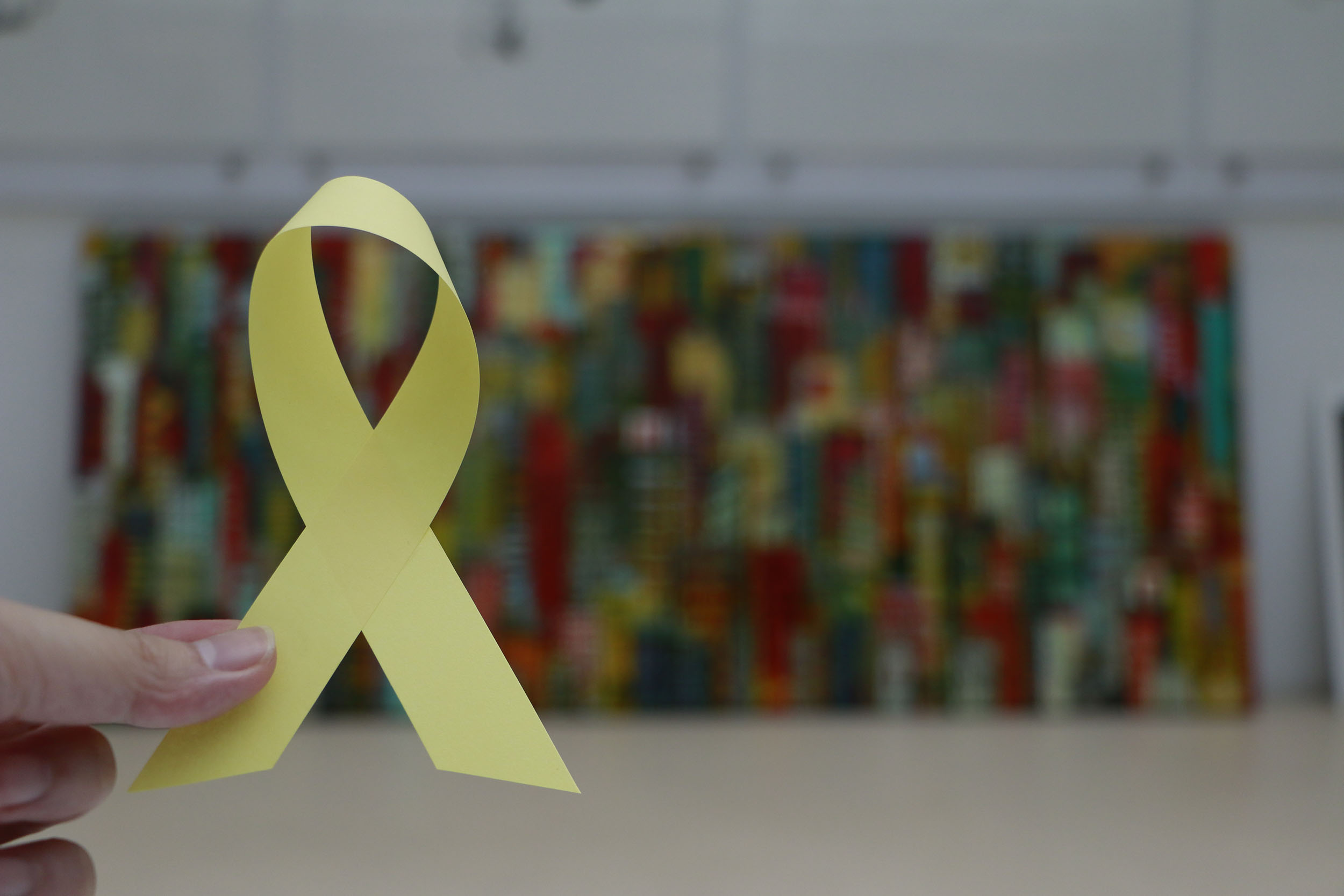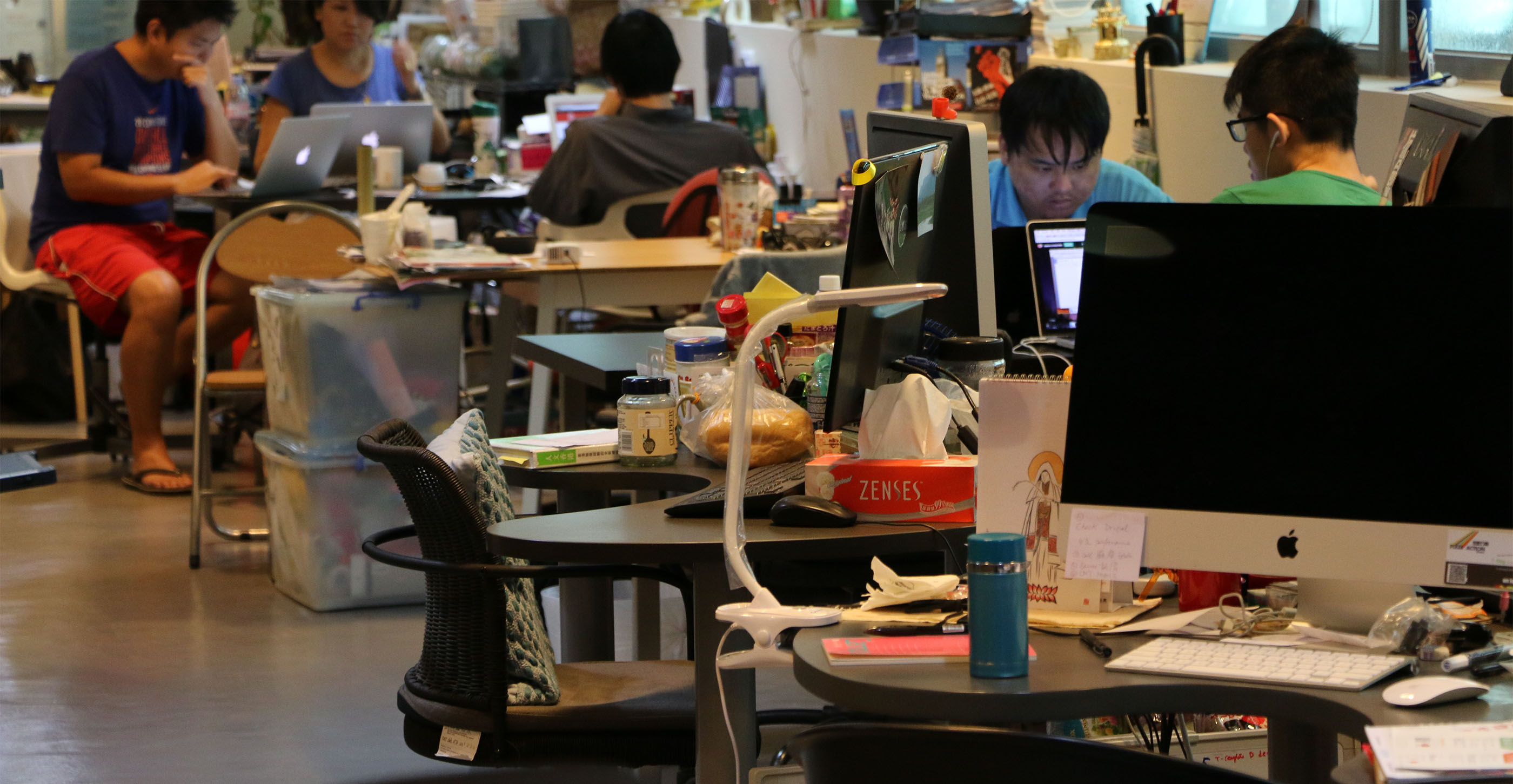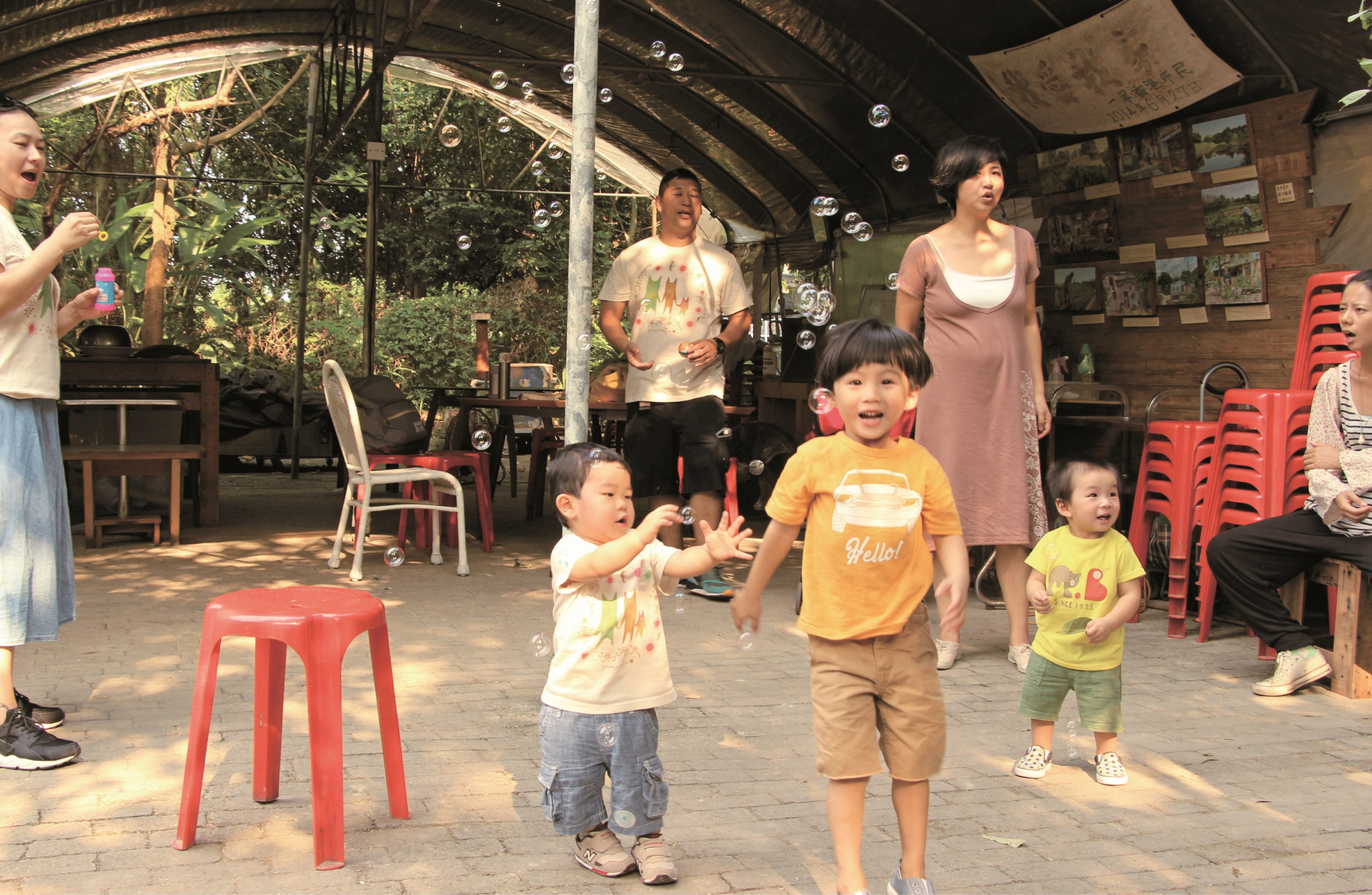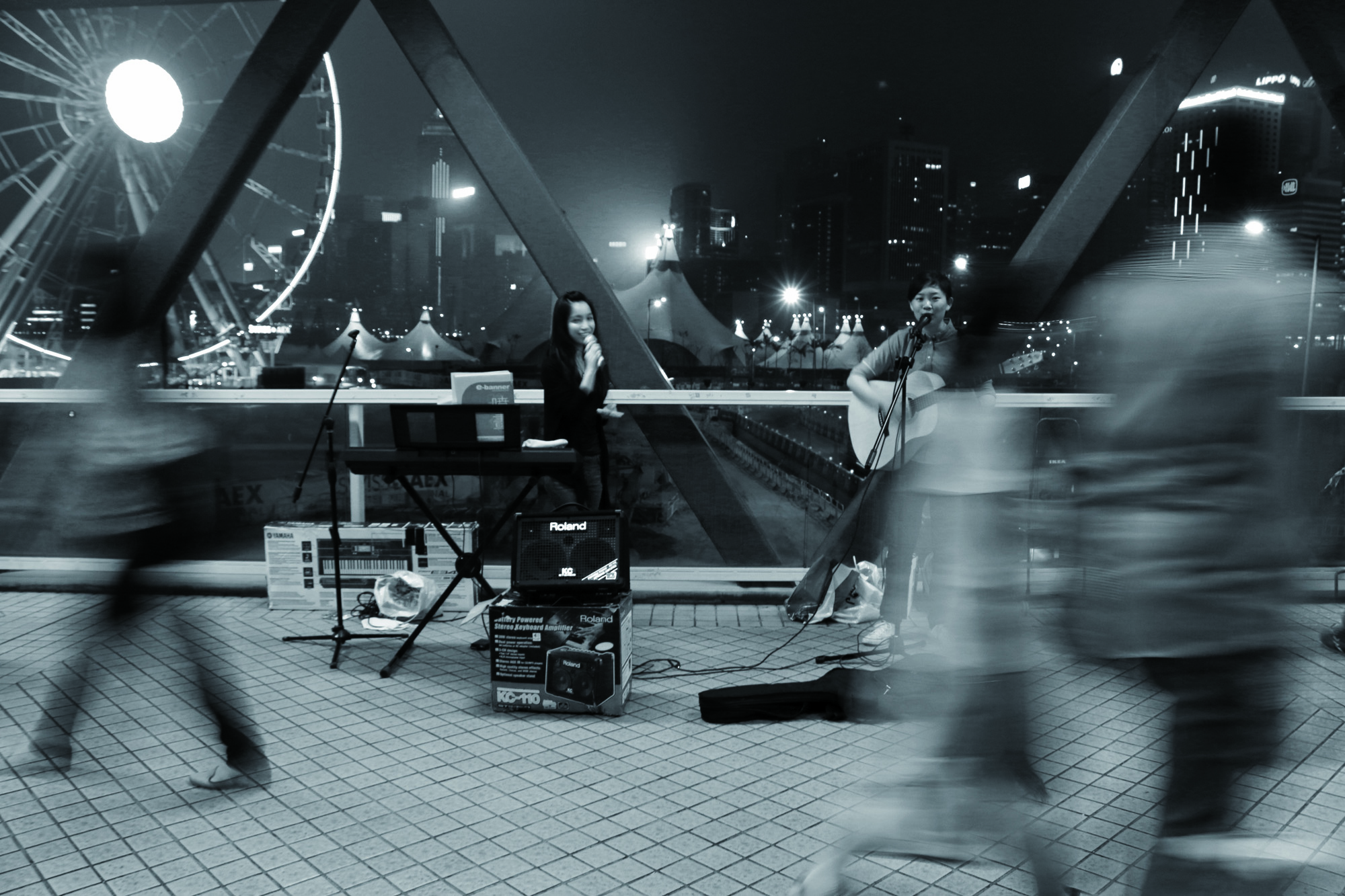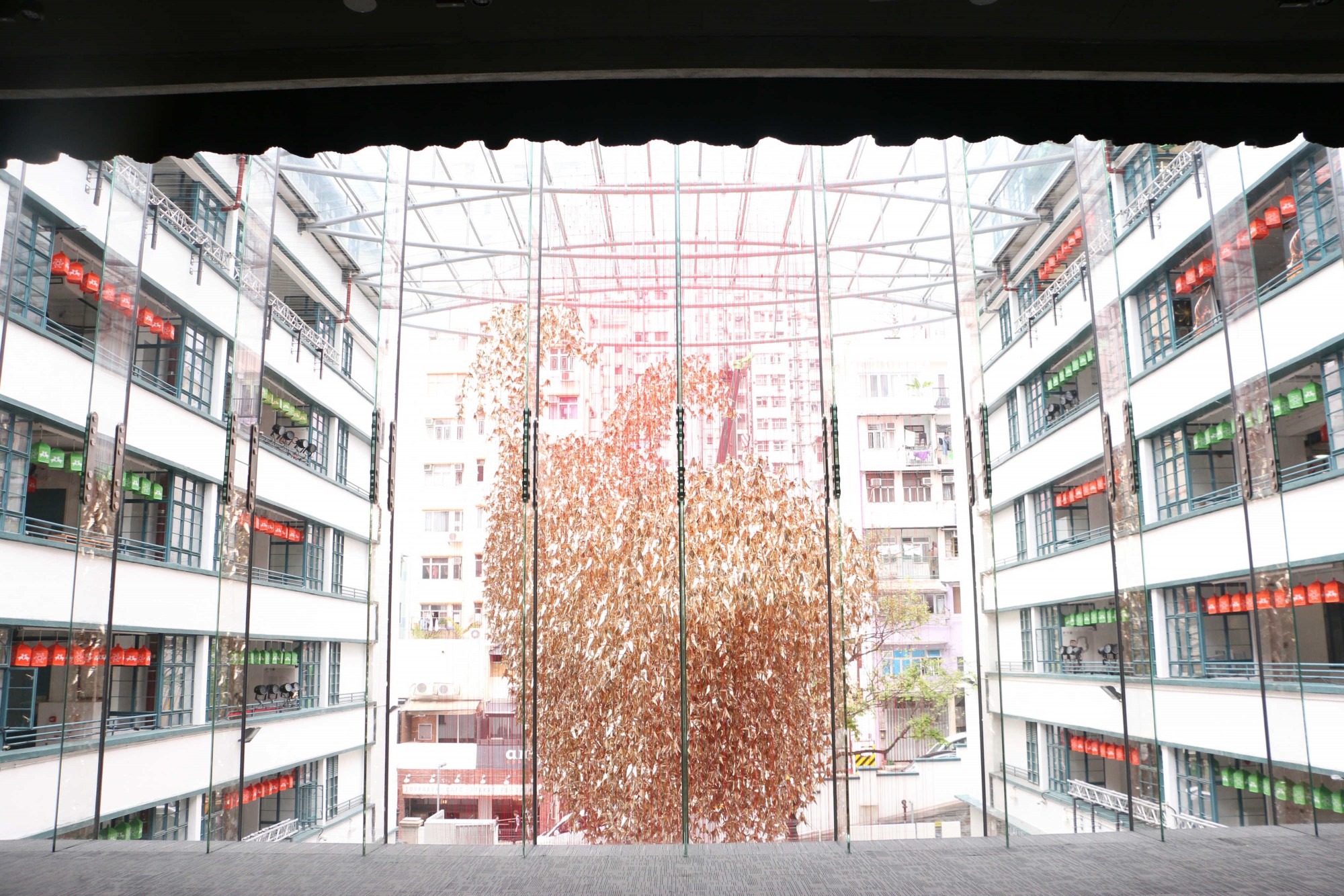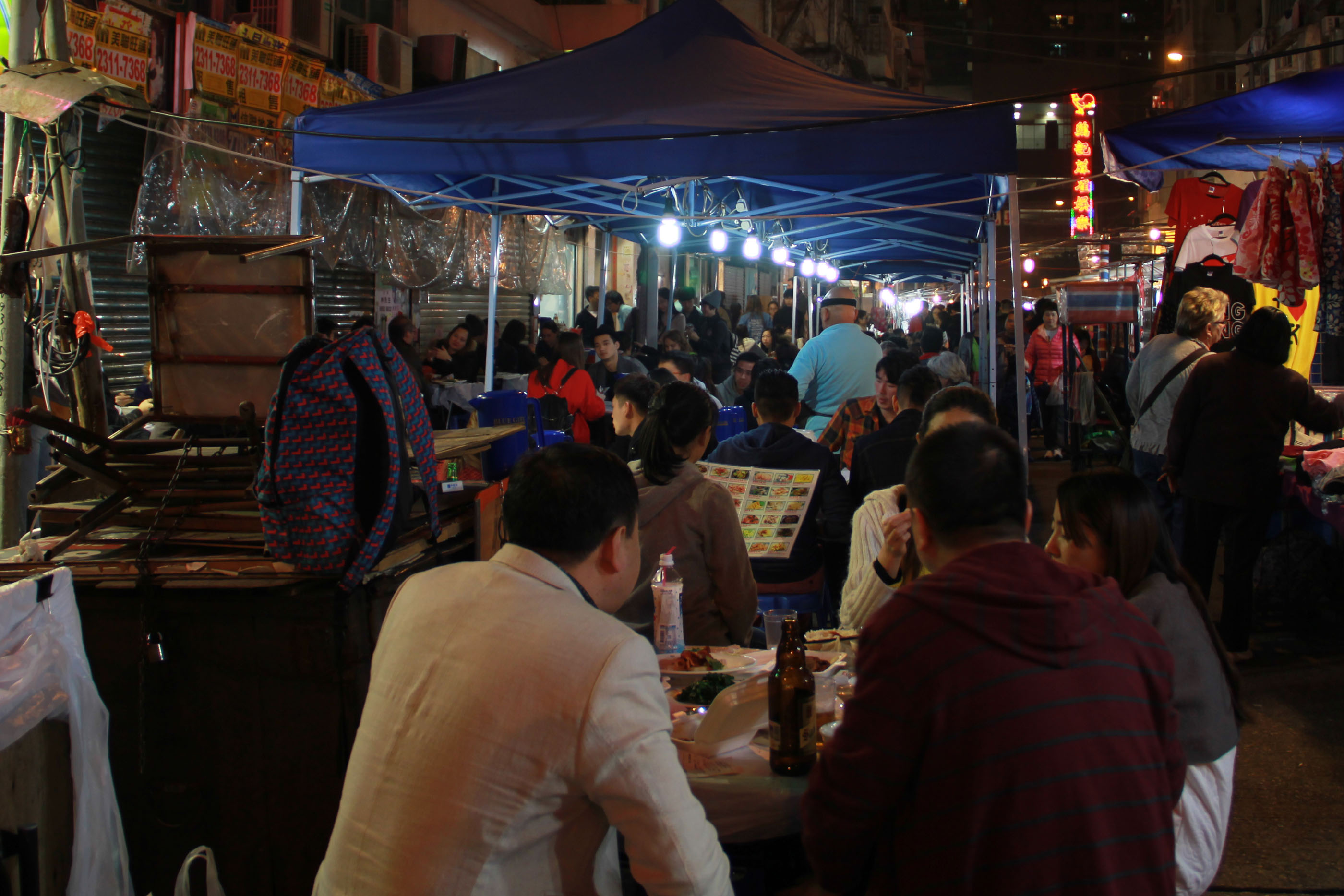Transparently Unclear
Many say the Hong Kong government is becoming less transparent, and not consulting the public enough on new policies. Why the change?
The Great Overload
Hong Kong has long had one of the world's best public transport systems. But trains and buses have been slowing down lately. Why is that happening, and can Hong Kong continue to live up to its reputation?
Nov 2015 – What next for Hong Kong’s youth?
Varsity looks at three issues facing Hong Kong's young people today - finding a way forward in the political stalemate, navigating the changing nature of work and youth's changing concept of family and what it means to them.
Finding a Way Forward
After Jasmine Choi Yan-yan was arrested during the Occupy protests last year, she was denied access to mainland China. The outcome of the protests left some young people feeling powerless, radicalized others, and made yet others think of different ways of bringing about the social changes they want.
Brave New Work
More and more young people in Hong Kong are freelancing or starting their own businesses rather than working for a company. But the freedom of doing what you love for a living and being your own boss comes with its own set of pitfalls.
We are Family
Some young Hongkongers have drastically different ideas of what a family is, compared to their parents -- from open relationships and having children to treating their friends as family. A Varsity survey finds Hong Kong's political woes have put some youngsters off from having children.
April 2015 – Reimagining Public Space
With its skyscrapers and dense urban neighbourhoods, Hong Kong can seem claustrophobic at times - the only places people can gather to spend their leisure time or socialise tend to either require consumption or are overly restrictive. In this issue of Periscope, Varsity takes a look at how we conceive of and use public space in our city.
The Politics of Public Space
During last year’s Occupy movement, the “reclamation” of Civic Square and the tents, study areas, libraries and art in the occupied sites of Admiralty, Mong Kok and Causeway Bay showed how collective actions could take place within public spaces. While the government tightens restrictions on the use of public space, it seems the public is awakened to the idea of public space as a place to express ideas.
The Public Private Paradox
A policy to integrate public spaces into private developments was first introduced in the 1980s in order to improve urban land use. But some privately owned public spaces are not user-friendly at all. Varsity visited some open spaces in heritage buildings and a private residential estate to take a look at some of the issues and problems.
Street life or street obstruction?
The government is proposing to tighten laws on street obstruction, but critics of the plan say the authorities should accommodate local features. Varsity visits black spots for street obstruction at Mong Kok’s flower market, Temple Street and Tai Ping Shan Street.







